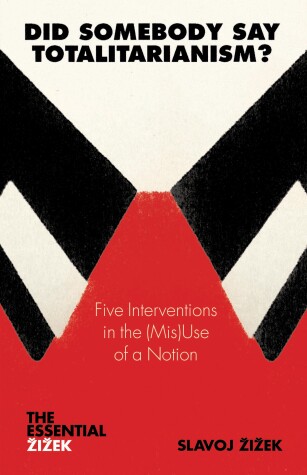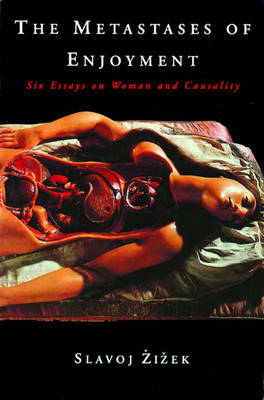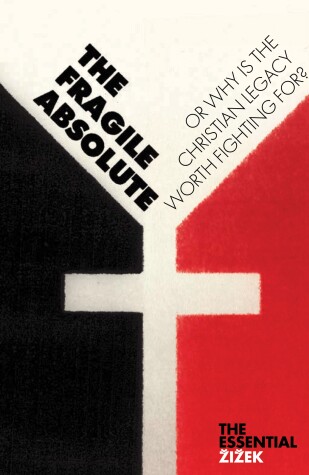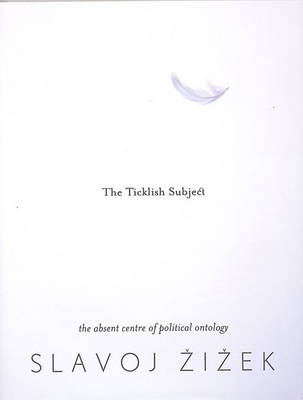Wo es War S.
4 total works
Totalitarianism has always had a precise strategic function: to guarantee the liberal democratic hegemony by dismissing the Leftist critique of liberal democracy as the two-faced twin of Right-wing dictatorships. Instead of providing yet another systematic exposition of the history of this notion, Zizek looks at totalitarianism in a way that Wittgenstein would approve of - finding it a cobweb of family resemblances. He reveals the consensus view of totalitarianism, in which it is invariably defined in terms of four things: the holocaust as the ultimate, diabolical evil; the Stalinist gulag as the alleged truth of the socialist revolutionary project; the recent wave of ethnic and religious fundamentalisms to be fought through multiculturalist tolerance; and the deconstructionist idea that the ultimate root of totalitarianism is the ontological closure of thought. Zizek concludes that the devil lies not so much in the detail but in what enables the very designation totalitarian: the liberal-democratic consensus itself.
The recent experience of the Yugoslav war and the rise of "irrational" violence in contemporary societies provides the theoretical and political context of this book, which uses Lacanian psychoanalysis as the basis for a renewal of the Marxist theory of ideology. The author's analysis leads into a study of the figure of woman in modern art and ideology, including studies of "The Crying Game" and the films of David Lynch, and the links between violence and power/gender relations.
One of the signal features of our era is the re-emergence of the 'sacred' in all its different guises, from New Age paganism to the emerging religious sensitivity within cultural and political theory.
The wager of i ek's The Fragile Absolute - published here with a new preface by the author - is that Christianity and Marxism can fight together against the contemporary onslought of vapid spiritualism. The revolutionary core of the Christian legacy is too precious to be left to the fundamentalists.
The wager of i ek's The Fragile Absolute - published here with a new preface by the author - is that Christianity and Marxism can fight together against the contemporary onslought of vapid spiritualism. The revolutionary core of the Christian legacy is too precious to be left to the fundamentalists.
By focusing on the Cartesian subject, this text explores ways in which to reformulate the politics of the Left in the area of global capitalism. In the process, the author touches on the work of prominent thinkers: Heidegger's attempt to overcome subjectivity; the post-Althusserian elaborations of political subjectivity (Ernesto Laclau, Etienne Balibar, Jacques Ranciere and Alain Badiou); deconstructionist feminism (Judith Butler); and the theories of second modernity and risk society (Anthony Giddens, Ulrich Beck).



